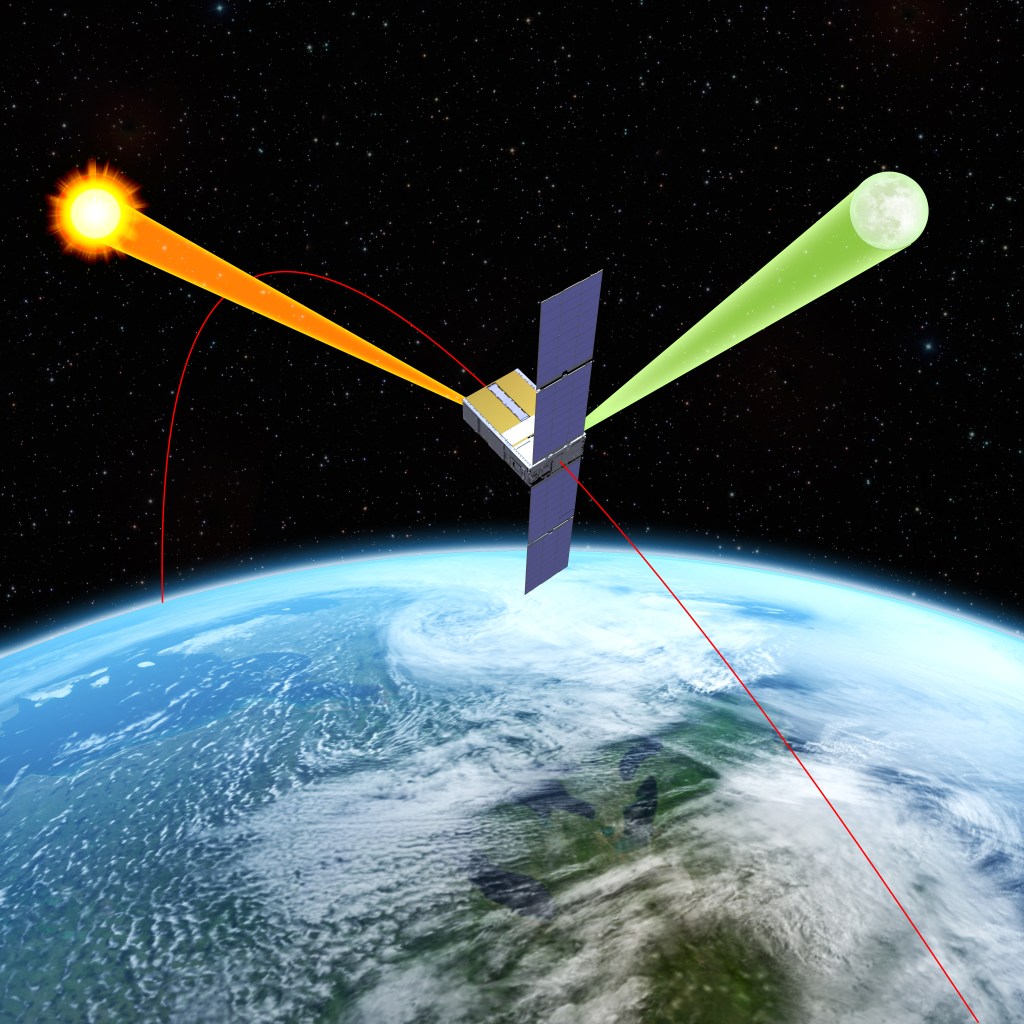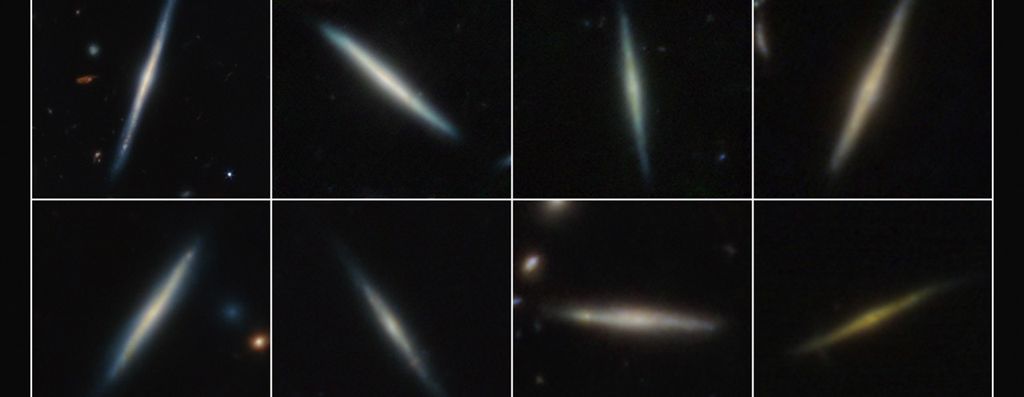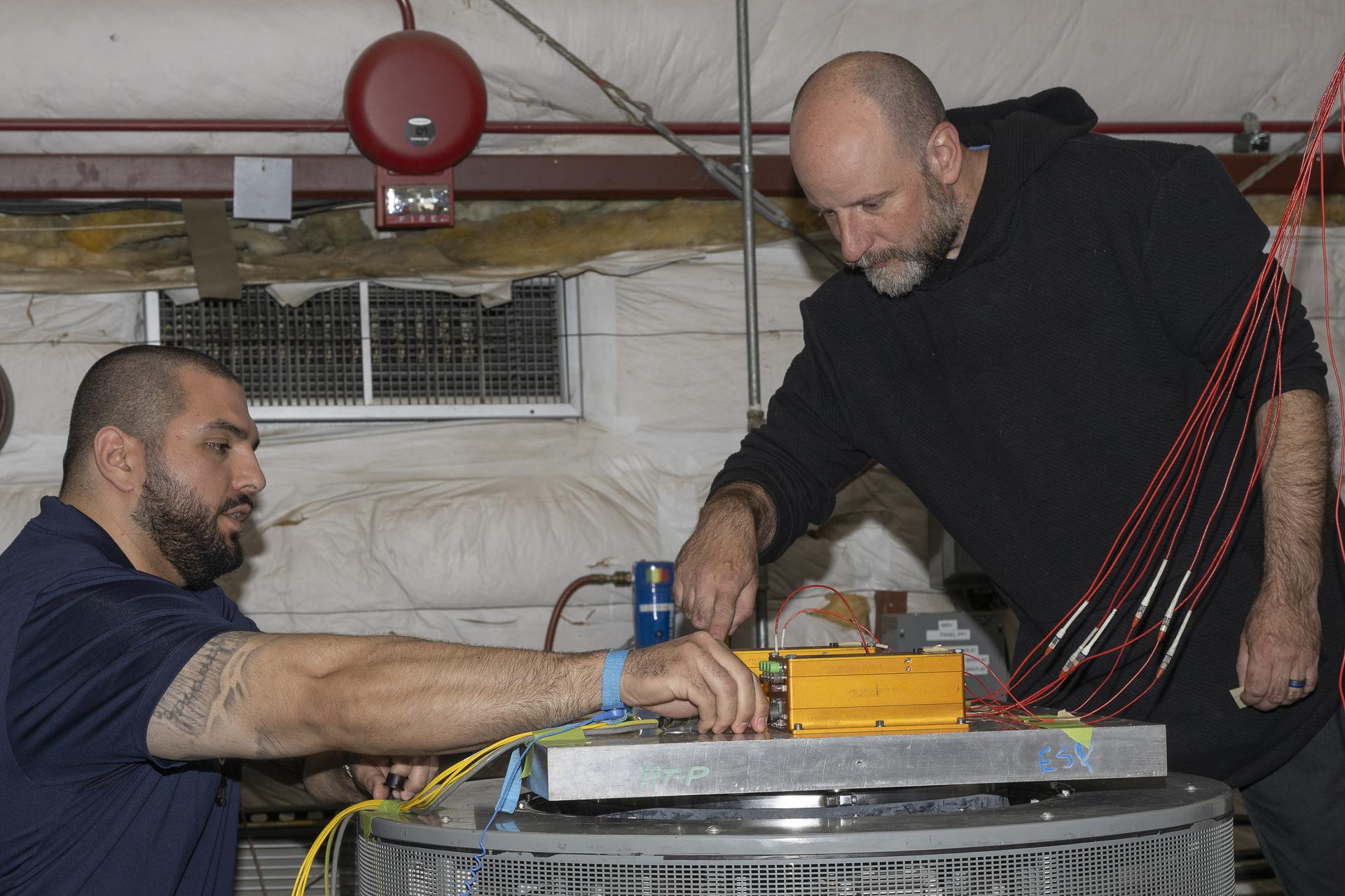Couch & Martian Terrain – 3-D
| Credit | NASA/JPL |
|---|---|
| Language |
|
This area of terrain near the Sagan Memorial Station was taken on Sol 3 by the Imager for Mars Pathfinder (IMP). 3D glasses are necessary to identify surface detail. The curved rock dubbed "Couch."
Click below to see the left and right views individually.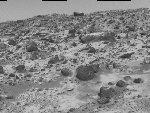
Left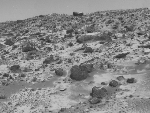
Right
Photojournal note: Sojourner spent 83 days of a planned seven-day mission exploring the Martian terrain, acquiring images, and taking chemical, atmospheric and other measurements. The final data transmission received from Pathfinder was at 10:23 UTC on September 27, 1997. Although mission managers tried to restore full communications during the following five months, the successful mission was terminated on March 10, 1998.
"Yogi," a rock taller than rover Sojourner, is the subject of this image, taken in stereo by the deployed Imager for Mars Pathfinder (IMP) on Sol 3. 3D glasses are necessary to identify surface detail. The soil in the foreground has been the location of multiple soil mechanics experiments performed by Sojourner's cleated wheels. Pathfinder scientists were able to control the force inflicted on the soil beneath the rover's wheels, giving them insight into the soil's mechanical properties. The soil mechanics experiments were conducted after this image was taken.
Mars Pathfinder is the second in NASA's Discovery program of low-cost spacecraft with highly focused science goals. The Jet Propulsion Laboratory, Pasadena, CA, developed and manages the Mars Pathfinder mission for NASA's Office of Space Science, Washington, D.C. JPL is an operating division of the California Institute of Technology (Caltech). The Imager for Mars Pathfinder (IMP) was developed by the University of Arizona Lunar and Planetary Laboratory under contract to JPL. Peter Smith is the Principal Investigator.
Click below to see the left and right views individually.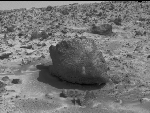
Left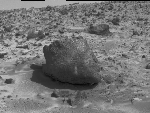
Right
Photojournal note: Sojourner spent 83 days of a planned seven-day mission exploring the Martian terrain, acquiring images, and taking chemical, atmospheric and other measurements. The final data transmission received from Pathfinder was at 10:23 UTC on September 27, 1997. Although mission managers tried to restore full communications during the following five months, the successful mission was terminated on March 10, 1998.









